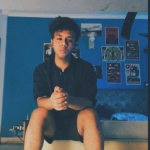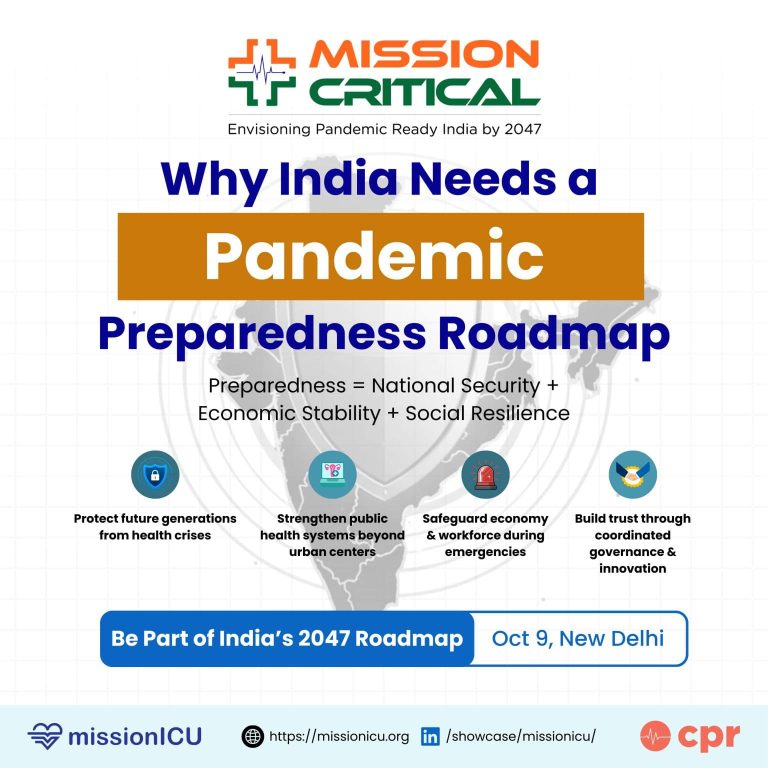“Crematories are so full of bodies, it’s as if a war just happened. Fires burn around the clock. Many places are holding mass cremations, dozens at a time, and at night, in certain areas of New Delhi, the sky glows. Sickness and death are everywhere.“I have no idea how I got it,” said a good friend who is now in the hospital. “You catch just a whiff of this…..” and then his voice trailed off, too sick to finish.”
Last year, when COVID struck the national capital, the long underfunded and crippled healthcare infrastructure which was just barely managing to function pre-pandemic stood exposed. Images of people lining up outside the hospitals, struggling to get beds and ventilators and running around in utter chaos just to get something as basic as oxygen filled up the news. On one hand people were gasping for breath and their relatives trying their level best to save the lives of their loved ones, and on the other hand people were hoarding medicines and selling them at exorbitant prices in the black market, further making the situation a living hell. India is a story of scale, and it cuts both ways. It has a lot of people, a lot of needs and a lot of suffering. But it also has lot of technology, industrial capacity and resources, both human and material. I almost teared up when the news showed an Indian Air Force jet load up with oxygen tanks from Singapore to bring to needy parts of the country. The government was essentially airlifting air.
But this picture is of the peak pandemic era; the situation was no better before that, it’s just that we never paid any attention to it. And even after the pandemic, it hasn’t changed for the better. So, I made a journey through one of Delhi’s largest tertiary healthcare centre to see for myself.
Just on entering through the gates, one can make out that the patient load at the hospital is massive, with people coming here for treatment from neighbouring states of UP, Haryana, MP which adds to the huge existing caseload from Delhi only. Because of this, a number of problems arise. There is no system in place for the management of incoming patients, or at least one that works; resulting in utter pandemonium. As soon as you enter the hospital, you can see patients lying down on the pavements and sidewalks with their families. Going further, the problem does not end here. Long lines at the registration counter and OPDs await the patients when they finally manage to enter the hospital. After talking to some of the patient’s families, I discovered that a majority of them get disheartened and ultimately give up midway rather than go through this whole tedious process of just getting to see a doctor.
The situation is no better for doctors either. With lack of proper cabins, duty rooms and facilities making their day to day operations extremely difficult. On top of that, the never-ending patient load further cripples the already broken healthcare system, which results in undue pressure and stress on the healthcare professionals. Put on top of that, the lack of hygiene in the hospital with stray dogs roaming around in the hospital premises and garbage lying around in the corridors makes it a breeding ground for a number of diseases.
It doesn’t have to be like this. Seeing the same situation post-pandemic breaks my heart and makes me wonder if its ever going to get better. I wonder if we will continue to suffer and toil in these conditions, and just hope that a similar public health emergency doesn’t happen in the future. I wonder if the generations after me would choose to become a healthcare professional with the same enthusiasm as I did seeing how doctors were treated during the pandemic. I guess these questions will just keep pondering in my mind as I hope to find the answers someday atleast.


